Five theses on progress
Future is an attitude. Julia Watson, an ecological pioneer, defines the pillars on which sustainable progress is based.

Julia Watson is an ecological pioneer and designs sustainable future scenarios.
Julia Watson is an ecological pioneer and designs sustainable future scenarios.
New York-based Julia Watson is an Australian born landscape architect, designer, academic, and best-selling author. She runs a landscape and urban design studio specialising in rewilding for people and place, as well as a design studio working at the intersection of anthropology, ecology, and innovation. Julia works with Fortune 500 companies to align their missions with global sustainability goals by designing and implementing systemic change within Sustainability, Innovation, and Futures sectors. She was a lecturer on her expertise in urban planning at Harvard and Columbia University. She no longer teaches, but regularly gives lectures at these and many other institutes worldwide – not only academic lectures, but also keynotes for profit and non-profit organisations as well as design festivals. Julia is a leading expert on nature-based Lo-TEK (technologies based on indigenous knowledge) for climate resilience. Contributing to exhibitions across the globe, Julia's work on Lo-TEK has been featured at venues including the Venice Biennale and the Design Museum of London. In this dialogue series, Julia Watson describes her stance using five theses on progress.
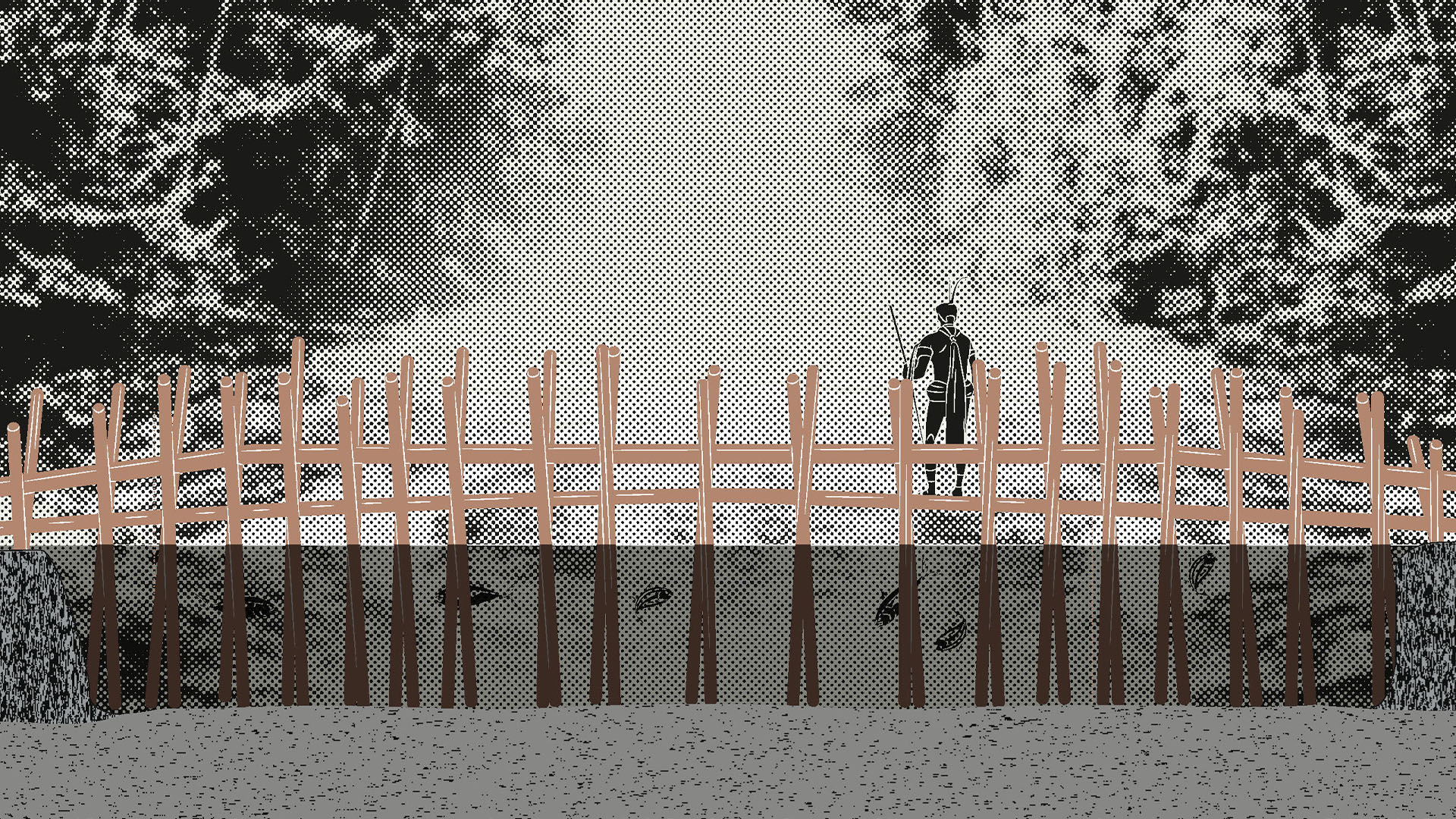
Illustration by Julia Watson and Berke Yazicioglu for the publication Lo TEK: Design by Radical Indigenism.
Illustration by Julia Watson and Berke Yazicioglu for the publication Lo TEK: Design by Radical Indigenism.
1. Humans are part of nature
“Traditionally, humans have always considered themselves as part of nature, rather than superior to nature. Our traditional role on this planet was to protect all forms of life, but rather than protect life we have become its greatest threat. By using biodiversity as a building block for design, we can fulfil our traditional role for the past tens of thousands of years.“
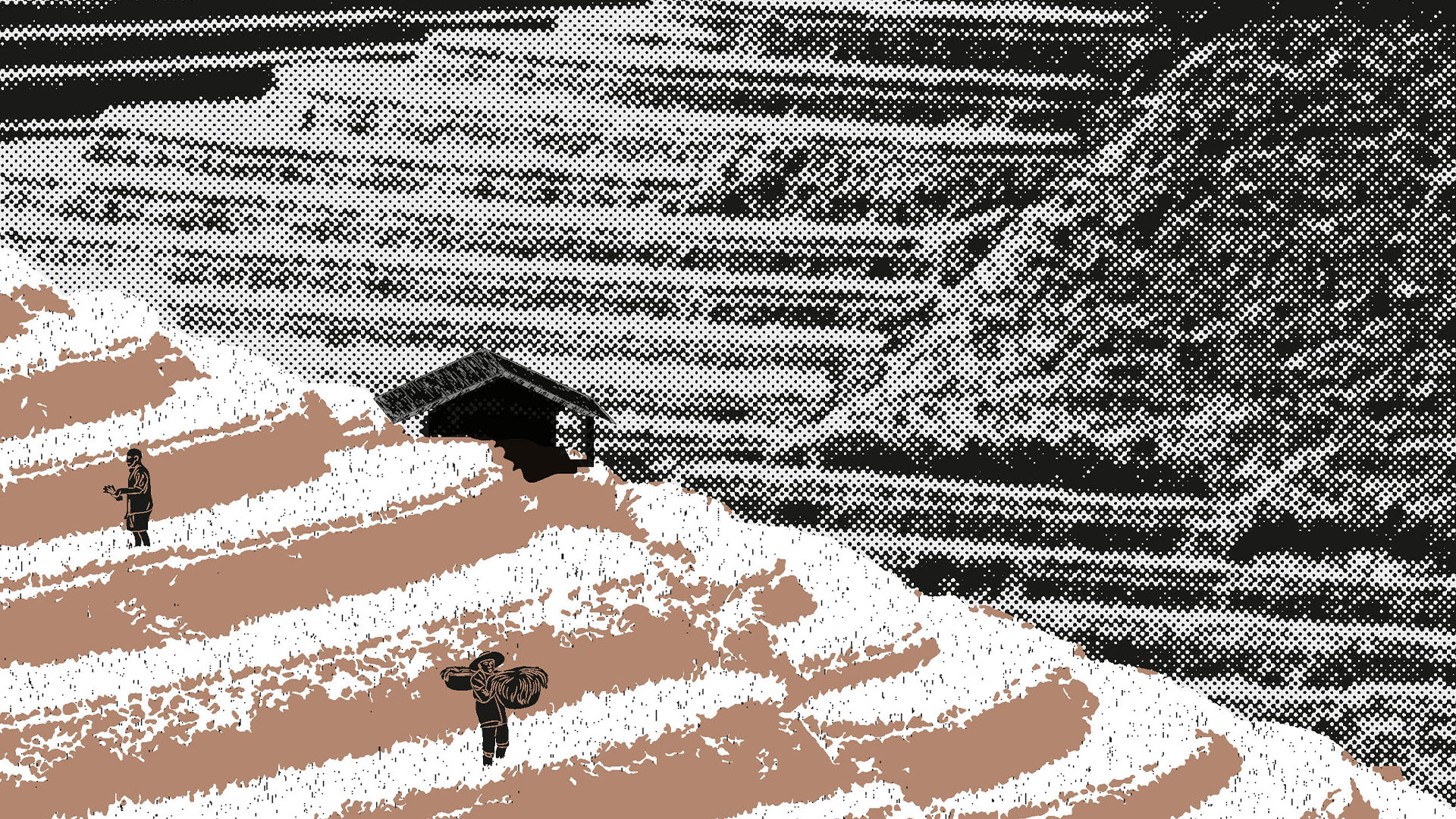
Illustration by Julia Watson and Berke Yazicioglu for the publication Lo TEK: Design by Radical Indigenism.
Illustration by Julia Watson and Berke Yazicioglu for the publication Lo TEK: Design by Radical Indigenism.
2. Survival through symbiotic systems thinking
“The colonial mythology of technology that saw us as superior to nature and shepherded only the Eurocentric technologies through to the present was wrong. Rather than continuing a narrow view of technology informed by our distance from nature, we must acknowledge that the Enlightenment mythology of technology was just one way and not the only way for humankind to progress. Instead of survival of the fittest, we should base our understanding of how life on this planet evolves to survival of the most symbiotic. This engagement of the metabolic process, ecological systems thinking and symbiosis as a design tool, will change how we design our future environments.“
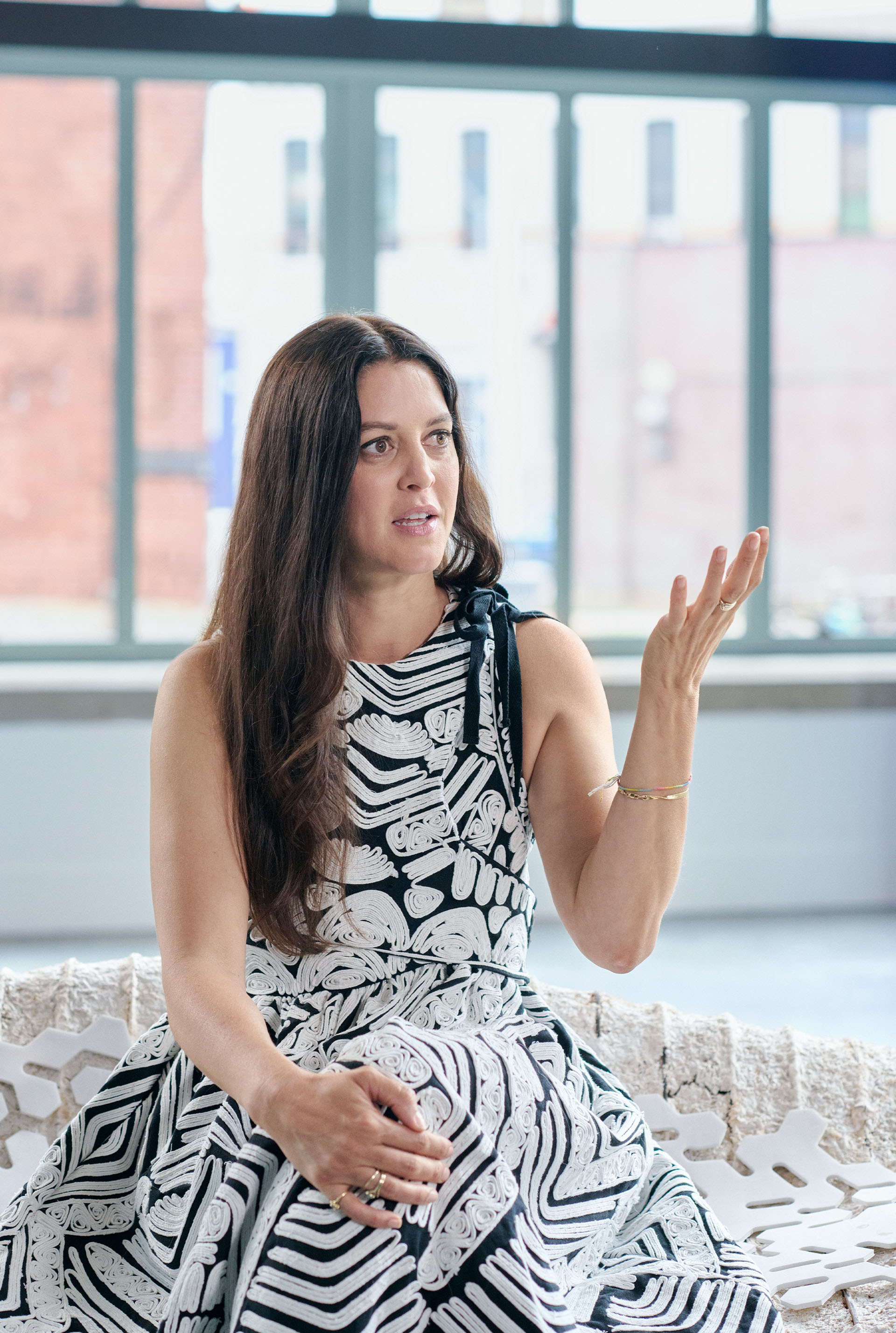
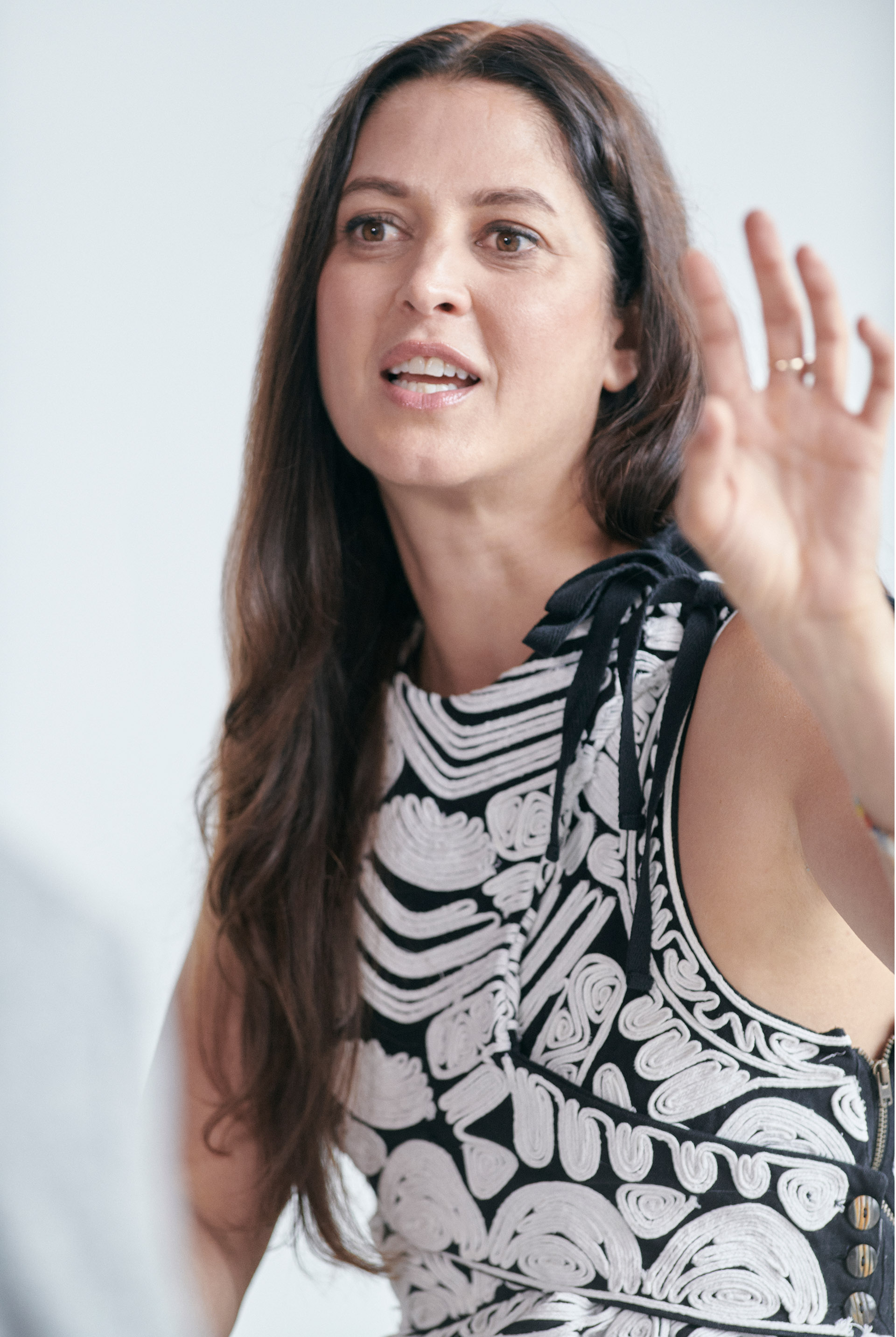
3. Design by radical indigenism
“We can look to the past to design the future. Design needs to disrupt the neo-colonial approach to tackling climate change adaptation. Designers should argue for a rebuilding of knowledge through explorations of indigenous philosophies capable of generating new knowledge and dialogues to inform our thinking on sustainability and climate change.“
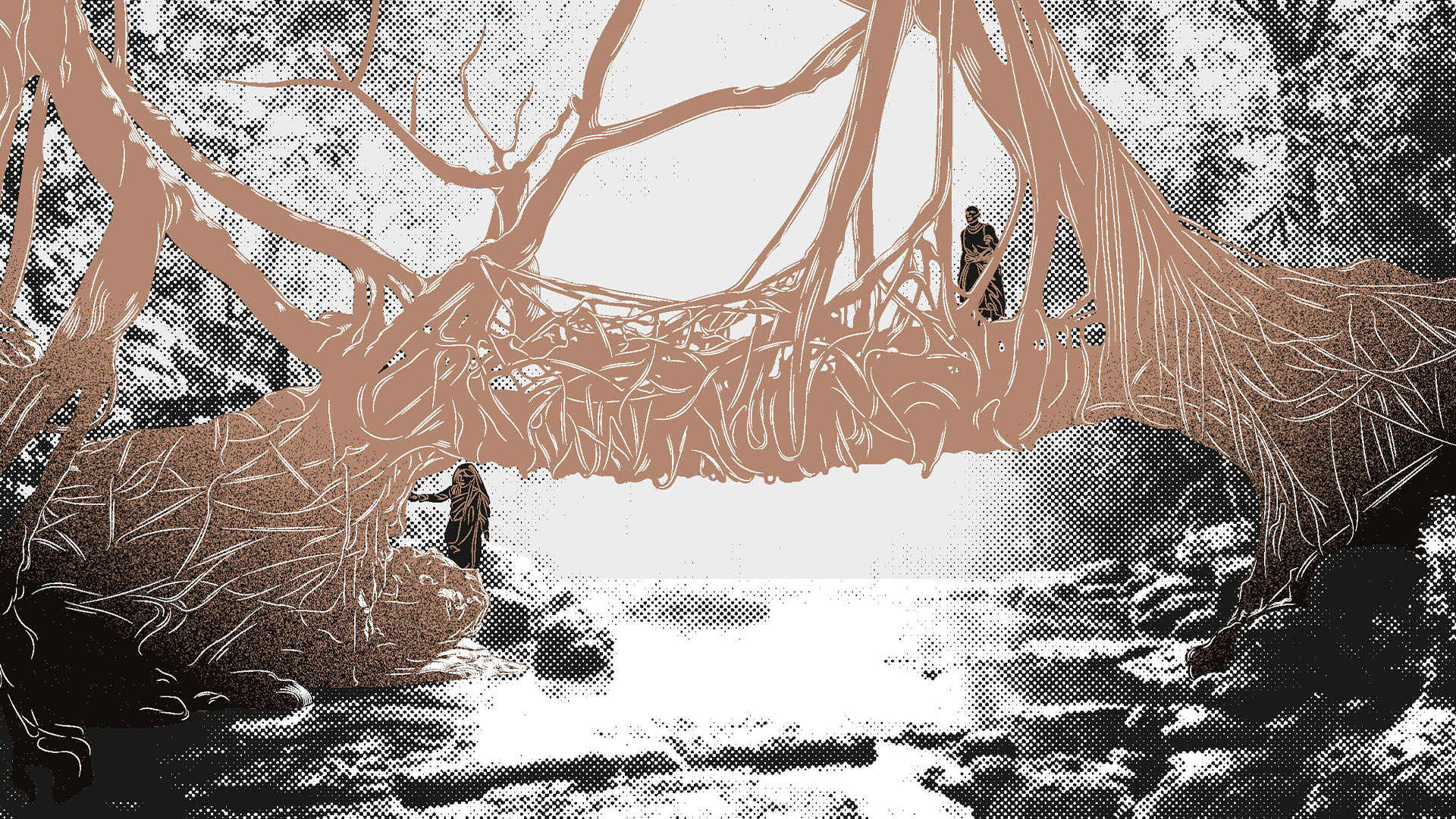
Illustration by Julia Watson and Berke Yazicioglu for the publication Lo TEK: Design by Radical Indigenism.
Illustration by Julia Watson and Berke Yazicioglu for the publication Lo TEK: Design by Radical Indigenism.
4. Design by aligning with indigenous values
“We can be inspired by a multitude of ideas informed by many mythologies and a diversity of beliefs about technologies borne from climate extremes. We must reimagine the dominant global culture based upon a set of planetary values that are informed by indigenous cultures; including design that connects with intergenerational thinking, agreement to reciprocity, an amplification of the spirit of place, respect to all forms of life, worldviews, and belief systems.“

Spencer Reeder (left), Director of Government Affairs & Sustainability at Audi of America, in a conversation with Julia Watson.
Spencer Reeder (left), Director of Government Affairs & Sustainability at Audi of America, in a conversation with Julia Watson.
5. Solutions to climate change already exist
“Climate solutions that are embedded in community and environment, are proven to be the most effective forms of resilience at scale. These are innovations that have been evolved and passed down through generations, in response to flood, fire, drought, sea level rise and severe weather the same crises we are facing today. They’re incredibly well adapted to their environments, and they play a key role in conserving biodiversity. Lo TEK is a movement about building an understanding of those local solutions to generate sustainable, climate-resilient infrastructures.“
Dialogue series: Spencer Reeder meets Julia Watson




.gif)